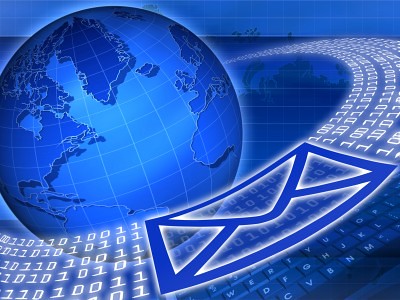
As much as possible don't be interrupted by email.
Email is designed to be asynchronous, treat it as such. Unless your job is to respond to email, you need to check your mail very infrequently. Ideally one would check there email once or twice a day period. Turn off as many notifications as you can get away with or just turn off your email client. Schedule a time to check your email at a time of your choosing, not at the beck and call of Outlook or whatever.
Are you the person with 3000 emails in your inbox? Not anymore, the axeman commeth!
When you get mail there are 4 things to do with it.
- Delete it (if possible unsubscribe).
- Do it now.
- Put it in your "do later" folder or "someday" folder.
- File the information.
Nothing stays in the inbox.
Getting to zero requires you be ruthless and focused. Checking your mail should not be a multitasking project, it needs to be attacked as a priority task.
Open, evaluate, do? and destroy. Nothing gets read twice in the inbox.
Here are some proven systems to control your email.
Getting Things Done Email System. Based on the book Getting Things Done ,which is more for managers than for developers, but the email system works pretty well for anyone.
FOMO and Hoarding.
Don't use email as an excuse to be busy, when you can be productive. Checking your email should not be a procrastination tool. If you are going to take a break, take a break. If you are going to check email, check the heck out of it.
I know it's hard to implement a new system after you've fallen into your current system of mail handling, but most of the time if a "system" of email processing is not purposeful, it's probably wasteful. If you are an email hoarder hitting the delete button might take a lot of practice, but trust me, odds are good you don't need it, and feel free to archive it so you can ignore it anywhere else but in your inbox.
Now I need to look into a way to get a better handle on Slack....
No comments:
Post a Comment